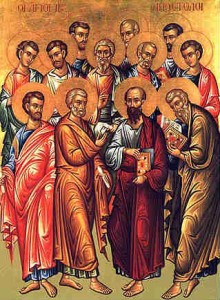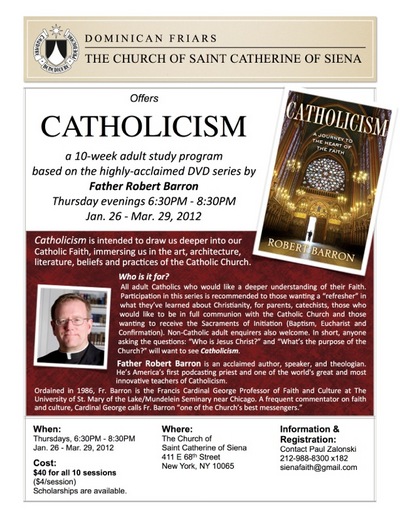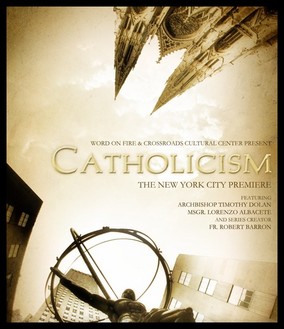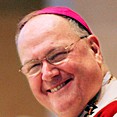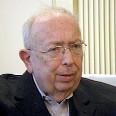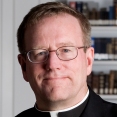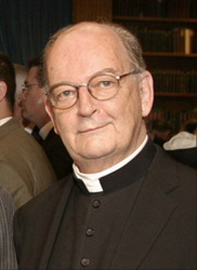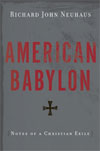Here are five spiritual habits Saint Padre Pio promoted to Catholics in their practice of the Faith.
I. WEEKLY CONFESSION
“Confession is the soul’s bath. You must go at least once a week. I do not want souls to stay away from confession more than a week. Even a clean and unoccupied room gathers dust; return after a week and you will see that it needs dusting again!”
II. DAILY COMMUNION
“It is quite true, we are not worthy of such a gift. However, to approach the Blessed Sacrament in a state of mortal sin is one thing, and to be unworthy is quite another. All of us are unworthy, but it is He who invites us. It is He who desires it. Let us humble ourselves and receive Him with a heart contrite and full of love.”
III. EXAMINATION OF CONSCIENCE EVERY EVENING
Someone once told Padre Pio that he thought a nightly examination of conscience was pointless because he knew what was sin as it was committed. To this, Padre Pio replied, “That is true enough. But every experienced merchant in this world not only keeps track throughout the day of whether he has lost or gained on each sale. In the evening, he does the bookkeeping for the day to determine what he should do on the morrow. It follows that it is indispensable to make a rigorous examination of conscience, brief but lucid, every night.”
IV. DAILY SPIRITUAL READING
“The harm that comes to souls from the lack of reading holy books makes me shudder…. What power spiritual reading has to lead to a change of course, and to make even worldly people enter into the way of perfection.”
V. MENTAL PRAYER TWICE DAILY
“If you do not succeed in meditating well, do not give up doing your duty. If the distractions are numerous, do not be discouraged; do the meditation of patience, and you will still profit. Decide upon the length of your meditation, and do not leave your place before finishing, even if you have to be crucified. Why do you worry so much because you do not know how to meditate as you would like? Meditation is a means to attaining God, but it is not a goal in itself. Meditation aims at the love of God and neighbor. Love God with all your soul without reserve, and love your neighbor as yourself, and you will have accomplished half of your meditation.”
